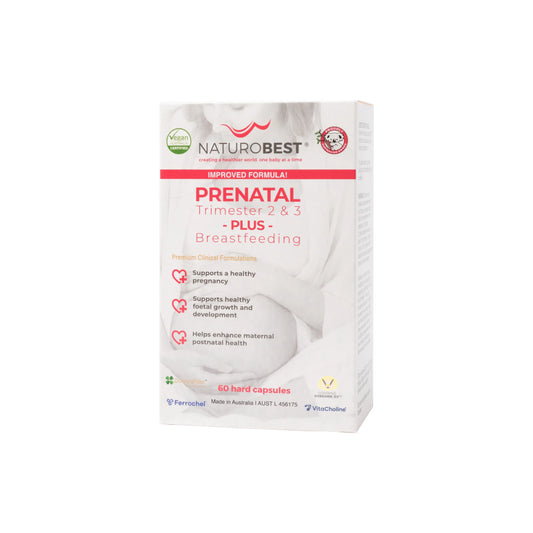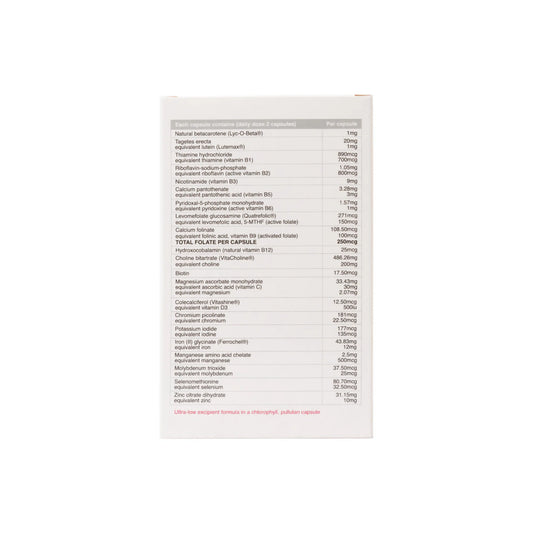6 Ways to Promote Breast Milk Quality and Quantity
Lactation Promotion
A balanced diet, adequate hydration, exercise, rest, support, and use of galactagogues can affect breast milk quality and quantity. Let's discuss each of these factors in more detail.
Balanced Diet
A balanced diet is crucial for lactating mothers as it provides the necessary nutrients and energy to support milk production and ensure the quality of breast milk. A study conducted by the World Health Organization (WHO) recommends that lactating mothers consume a diet that includes a variety of foods from all food groups, with an emphasis on fruits, vegetables, whole grains, and lean protein sources (WHO, 2008). Inadequate nutrient intake can negatively affect breast milk production, leading to decreased milk volume and quality (Koren et al., 2016).
We discuss the essential vitamins and minerals during lactation and support the use of a breastfeeding multivitamin when the mother's diet is restricted.
Hydration
Adequate hydration is important for breast milk production as breast milk is composed of about 88% water. Lactating mothers are advised to drink plenty of fluids, including water, milk, and unsweetened fruit juice, and avoid drinks that contain caffeine or alcohol (Lawrence & Lawrence, 2016). A study conducted by Neville et al. (2012) found that increasing water intake improved breast milk production in lactating women.
Exercise
Moderate exercise is beneficial for lactating mothers as it helps to reduce stress, improve mood, and increase milk production. A study conducted by Foda et al. (2017) found that regular exercise had a positive effect on breast milk production and quality in lactating women.
Rest
Adequate rest is important for lactating mothers as it allows the body to recover and produce breast milk. Lack of sleep or chronic fatigue can negatively impact breast milk production (Matsumoto et al., 2012). Lactating mothers are advised to get enough sleep and rest whenever possible.
Support
Emotional and practical support from family members, friends, and healthcare providers can help lactating mothers to overcome challenges and maintain milk production. A study conducted by Bigelow et al. (2014) found that emotional support from a spouse or partner had a positive effect on breast milk production and duration of lactation.
Galactagogues
Galactagogues are substances that can help to increase breast milk production. They include herbal supplements such as fenugreek, Goat's rue and nettle leaf, prescription medications such as domperidone and metoclopramide, and non-pharmacologic measures such as breast massage and frequent breastfeeding (Bazzano et al., 2016). While the evidence for the effectiveness of galactagogues is mixed, they may be beneficial for some lactating mothers who experience low milk supply.
In conclusion, a balanced diet, hydration, exercise, rest, support, and galactagogues are all important factors that can impact breast milk quality and quantity. Lactating mothers should strive to maintain a healthy lifestyle and seek support when needed to ensure the best outcomes for themselves and their infants.
If you are concerned about the health of yourself or your baby, talk to your health practitioner.






